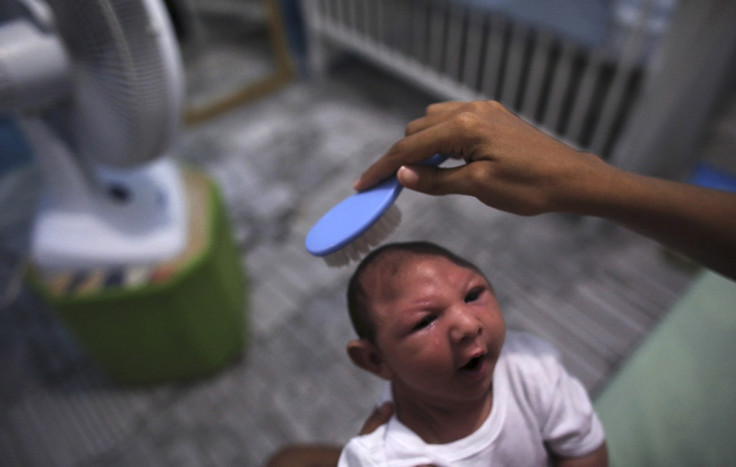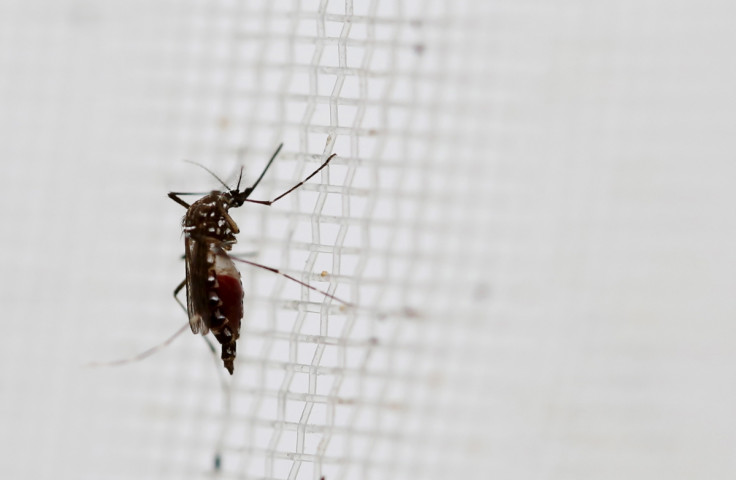Microcephaly is just the tip of the iceberg: First direct proof Zika causes birth defects

The first direct proof the Zika virus causes microcephaly and other birth defects has been announced by scientists. While the discovery could lead to the development of vaccines against the virus, researchers have warned the full health impact could be "more widespread and devastating" than initially thought, adding that "microcephaly is only the tip of the iceberg".
The current Zika outbreak in Brazil has been linked to an increase in microcephaly (a condition where babies are born with abnormally small heads and brains) in newborns. It has also been cited in a range of other birth defects, including Guillain-Barre syndrome, but proof of the connection with the virus has been lacking.
Scientists from the US, Brazil and Senegal carried out experiments in mice, human stem cells and mini brains to examine how Zika affects foetal development. They looked at the Brazilian strain of the virus, along with those found in Africa and Asia.
Publishing their study in the journal Nature, the researchers showed how the Brazilian strain of the Zika virus breaches the placenta membrane to infect the foetus when the mother was infected at the later stages of pregnancy. Newborn mouse pups showed smaller than average head size and stunted body growth. They also showed other abnormalities, including eye problems.
When studying the virus in human stem cells, they found infection resulted in cell death in the cells that would normally transform into neurons. In other tests, they found infection led to reduced growth in human brain organoids, which are 3D buds of cells that represent specific organs.
Compared to the Asian and African strains, these effects were more pronounced. This indicates mutations in the Brazil strain has made it more aggressive in human cells.
Research leader Alysson R. Muotri, from the University of California San Diego School of Medicine, said: "Rising infection rates of Zika virus in places like Brazil, with a corresponding increase in cases of microcephaly, have powerfully suggested an association, but until now hard evidence has been lacking. Our findings provide direct experimental proof that the Brazilian Zika virus strain causes severe birth defects - and that the full adverse effect upon health, even beyond microcephaly, is not yet fully understood.
"The data in mice also suggest that microcephaly is only the tip of the iceberg. The animals have extensive intra-uterine growth arrest, which essentially means poor fetal development in the womb. Media covering the Zika story have focused upon affected babies with small heads because such images are profoundly dramatic, but the true health impact is likely to be more widespread and devastating."

The team say the findings could pave the way to developing ways to prevent the virus from causing birth defects in the womb. "Our platform can now be used to understand what is unique about the Brazilian Zika virus and to test drugs to prevent the neurological problems associated with the infection," Muotri said. "Moreover, we now have a robust animal model that will be useful during validation of potential vaccines against the virus."
Commenting on the research, Grant Hill-Cawthorne from the University of Sydney said: "This is a very significant paper that demonstrates a clear association between Zika virus infection and brain cell death, supporting the growing evidence in multiple studies to date and also presenting a model organism in which to test new therapeutics and vaccines."
However, while Lancaster University's Derek Gatherer and Daniel Altmann from Imperial College London welcomed the study, they warned many questions still need to be answered regarding Zika. "The differences between mouse and human development mean that larger experimental animals that are more similar to humans – such as monkeys – must also be tested," Gatherer said.
© Copyright IBTimes 2025. All rights reserved.






















